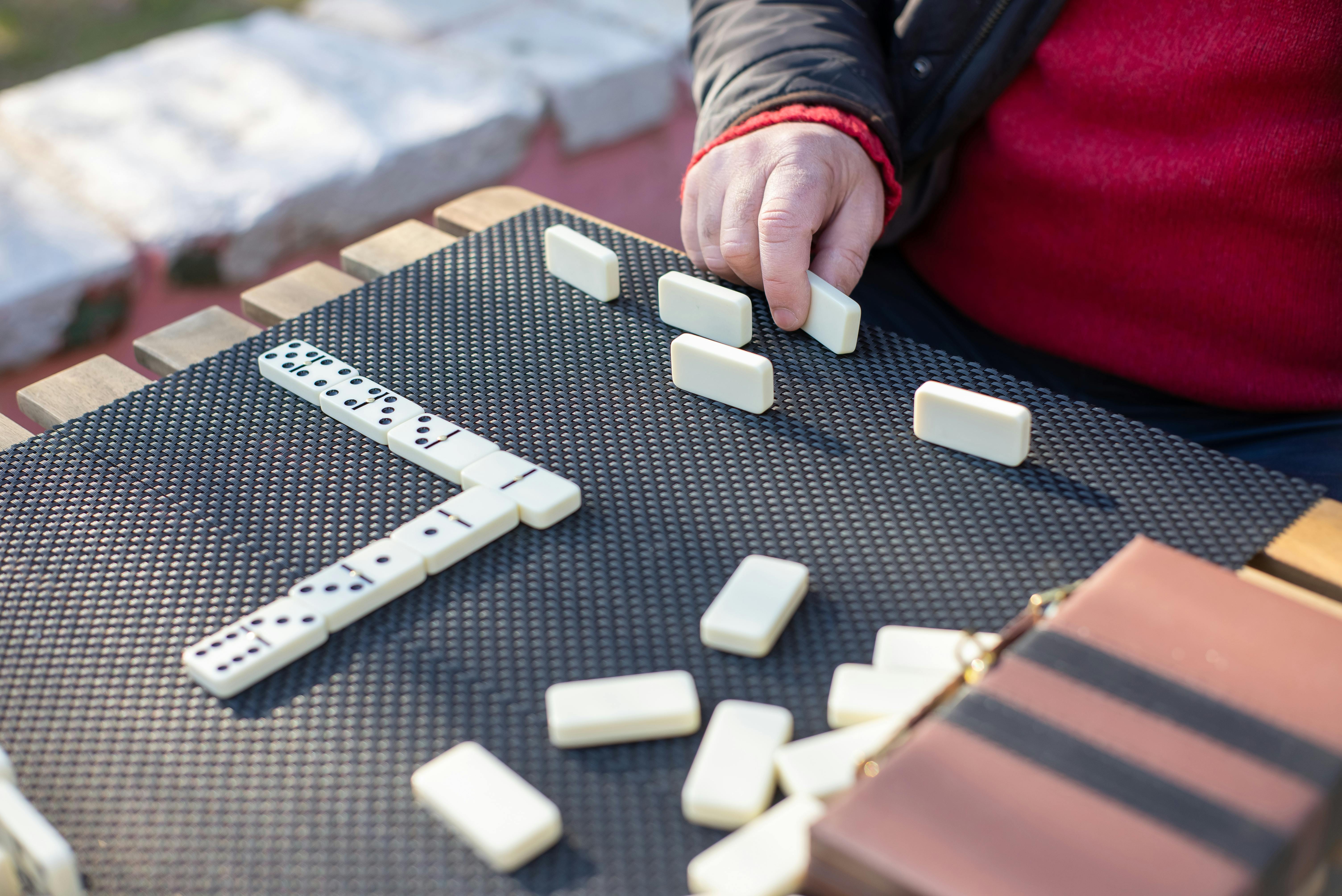In November 1990, Iraqi Air Force Vice Admiral Georges Sada made a terrifying discovery.
Saddam Hussein ordered the planning of an airstrike against Israel in retaliation for being forced to leave Kuwait. The mission was to attack with ninety-eight of his best fighter planes in two waves of consecutive assaults. They were to use three types of chemical weapons: the nerve agent Tabun; Sarin 1 and Sarin 2. The attack would begin as soon as the US-led coalition forces began their assault.
Sada was the only man willing to make a case against such a plan. He did so based on the anticipation that the Israeli air force’s sophisticated technology would result in the destruction of most or all of the Iragi fighters. Most likely they were shot down over Jordan and Syria. This would spread the deadly chemical agents over their Arab neighbors.
After an hour and forty minutes of presenting his case to Saddam and his advisers, the room fell silent. He was filled with the anticipation that Saddam would take Sada’s head off right then and there. It had happened before to other officers who had angered Saddam.
Vice Admiral Sada had other motivations for risking his life with Saddam. As unlikely as it seemed, Georges Sada was an Assyrian Christian. He was not a member of the Baath party and Saddam had come to rely on his knowledge and judgment without political motivation.
Vice Admiral Sada dared to disobey Saddam’s orders once again. Necklace. David Eberly of the US coalition forces was shot down in Iraq and imprisoned. He begins his Forward as follows:
“You are about to learn some of the untold secrets of the most tyrannical leader since Adolf Hitler, told by a very brave man, Georges Sada, a retired Iraqi general, fighter pilot and a man of faith who faced certain death at the hands of of Saddam’s crazy son, Qusay…”
General Sada was put in charge of the POWs and formally questioned the Colonel. Eberly during his imprisonment with respect to his human dignity. However, as the bombardment of Baghdad intensified, Qusay ordered all the prisoners to be executed.
Georges Sada argued that the rights given to prisoners under the Geneva Convention were inviolable. Necklace. Eberly writes; “He was able, by the grace of God, to convince Saddam that captured pilots should not be killed.” As a consequence, Sada himself was imprisoned by the Republican Guard in January 1991 under threat of death.
This book is a fascinating look at the rise and fall of this century’s most brutal despot. To some, it will seem self-serving and lacking in an honest assessment of General Sada’s own culpability as part of this despotic regime.
Today, Georges Sada is a key figure in the reconstruction of Iraq and the elaboration of a new constitution that respects human rights.
